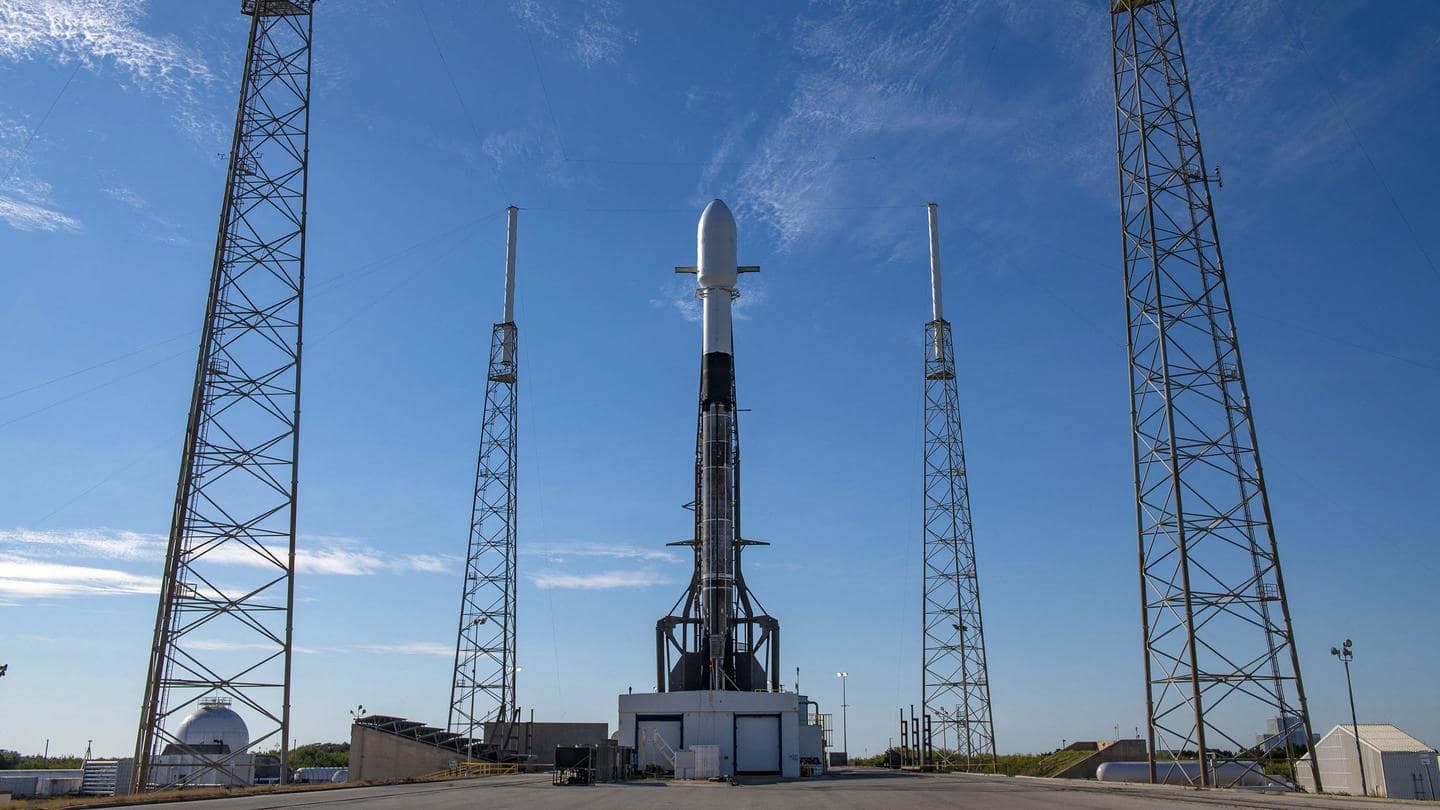
SpaceX beats ISRO's record; Launches 143 satellites in one go
What's the story
Elon Musk's commercial space endeavor SpaceX has smashed the Indian Space Research Organization's (ISRO) record for sending the most number of satellites in a single mission.
ISRO had set the record by launching 104 satellites in 2017, but SpaceX bested that attempt by 39 additional satellites.
The Falcon 9 rocket carried 143 satellites into orbit on Sunday from the Cape Canaveral Space Force Station.
Cosmic carpool
SpaceX's first dedicated rideshare mission
The SpaceX mission, dubbed as Transporter-1, was the first dedicated rideshare mission as a part of SpaceX commercial space endeavor providing third parties access for a price.
Apart from 10 of SpaceX's own Starlink internet satellites, the mission comprised commercial ridesharing payload. Setting the record was relatively easier because the launch involved multiple smaller satellites instead of a single heavy payload.
Details
A case of quantity over quality
This is SpaceX's second consecutive mission within a span of a week from Cape Canaveral Florida. The 143 satellites included microsats and CubeSats of commercial and government origin.
To put things into perspective, a single CubeSat doesn't exceed 1.33 kg and uses off-the-shelf commercial components. Most space missions don't involve as many satellites in a single launch to prioritize quality over quantity.
Playing it safe
Launch was delayed by a day owing to unfavorable weather
Notably, the Transporter-1 mission was originally intended to launch on Saturday, but was delayed owing to unfavorable weather conditions. The Falcon 9 rocket, however, deployed its commercial payload successfully the next day.
Last week's launch from the same space station was also similarly delayed due to bad weather. That mission subsequently launched 60 Starlink satellites as part of Musk's plan for global internet coverage.
Global coverage
Musk's ingenious 'Better Than Nothing Beta' program commences preliminary testing
The Transporter-1 mission has taken the number of SpaceX's Starlink internet satellites in excess of 1,000. The company has commenced preliminary testing of its space-powered internet service through the hilariously named Better Than Nothing Beta.
The name captures the essence of the program, which leverages a rapidly growing network of low-Earth-orbit Starlink satellites to provide internet coverage to the remotest parts of the globe.